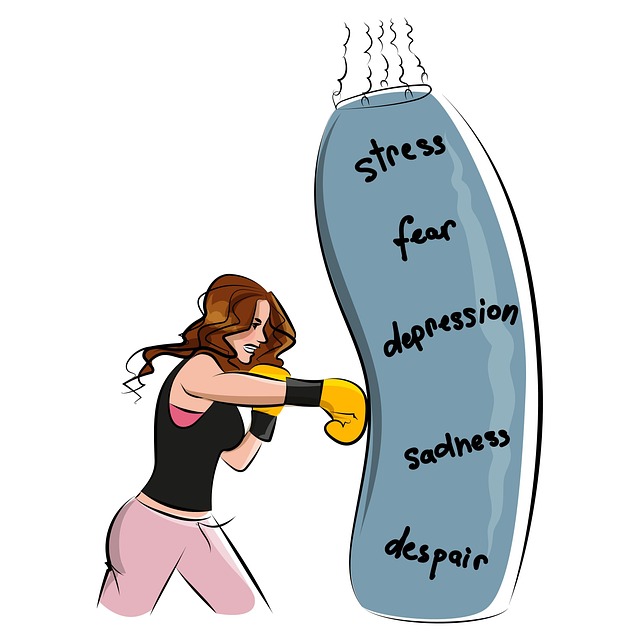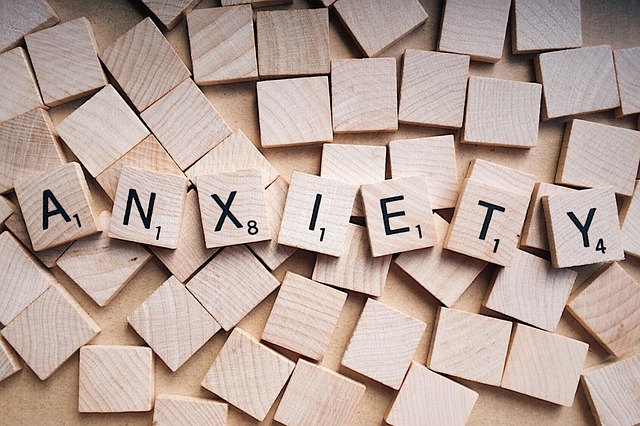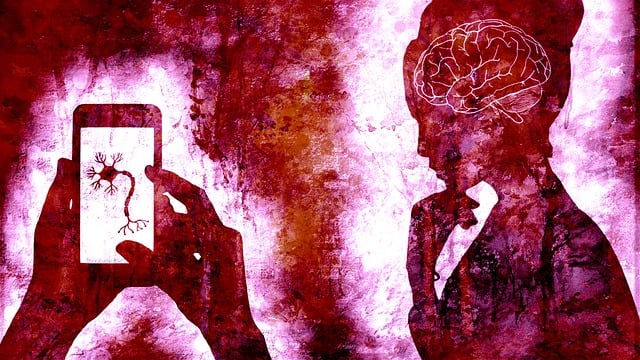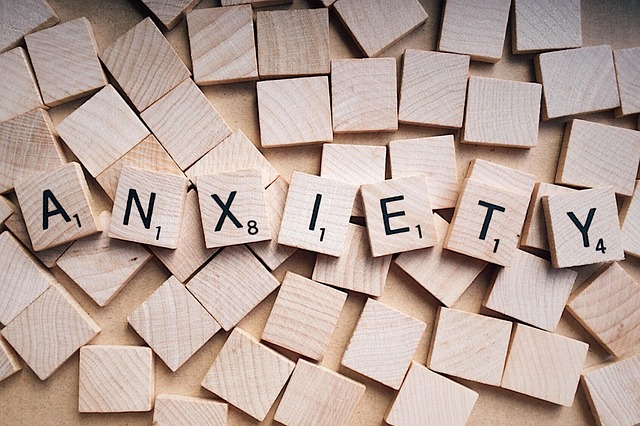Boulder Abuse Survivors Therapy (BAT/BATS) offers a unique, holistic approach to mental health recovery by focusing on essential social skills training for trauma survivors and those dealing with depression or anxiety. Through group sessions, role-playing, personalized coaching, and encouragement to participate in community activities, BATS equips clients with communication strategies tailored to their needs, fostering self-care, confidence, and a sense of belonging. This comprehensive program aims to enhance overall mental well-being by building resilience through meaningful social connections.
Social skills training is a powerful tool for individuals navigating mental health conditions, offering a path towards improved well-being and enhanced recovery. This article explores the concept of social skills development, focusing on its significance in mental health care. We delve into the specific benefits of Boulder Abuse Survivors Therapy (BAST), which has proven effective in building social competencies. Furthermore, practical strategies are presented to foster positive social interactions and expand support networks, crucial aspects for long-term mental health success.
- Understanding Social Skills Training for Mental Health Recovery
- The Role of Boulder Abuse Survivors Therapy in Developing Social Competencies
- Practical Strategies for Enhancing Social Interaction and Support Networks
Understanding Social Skills Training for Mental Health Recovery

Social Skills Training for Mental Health Recovery plays a pivotal role in empowering individuals, especially those who have experienced trauma or are recovering from conditions like depression or anxiety. This type of training goes beyond traditional therapy by focusing on practical, real-world scenarios to enhance social interactions and build meaningful connections. At Boulder Abuse Survivors Therapy (BAT), we understand that effective recovery often involves mastering communication strategies tailored to individual needs.
Through a combination of group sessions, role-playing exercises, and one-on-one coaching, BAT offers evidence-based methods to improve self-care practices. Our goal is to equip clients with the skills necessary to navigate social situations confidently, fostering a sense of belonging and improving overall mental well-being. By integrating communication strategies that are both healthy and adaptive, our trauma support services become transformative tools for personal growth and recovery.
The Role of Boulder Abuse Survivors Therapy in Developing Social Competencies

Boulder Abuse Survivors Therapy (BAST) plays a pivotal role in empowering individuals who have experienced trauma by helping them develop essential social competencies. This therapy goes beyond traditional healing methods by focusing on practical, real-world skills needed to navigate and thrive in social settings, which is particularly crucial for those struggling with mental health conditions like depression. Through BAST, survivors learn effective communication techniques, assertiveness strategies, and emotional regulation skills that enable them to build meaningful connections and improve their overall well-being.
The program incorporates compassion cultivation practices, fostering a sense of self-compassion and empathy towards others. This not only enhances social interactions but also serves as a powerful tool for depression prevention. By mastering these social skills, survivors can better express their needs, set boundaries, and engage in supportive relationships, all of which contribute to improved mental health outcomes and a higher quality of life.
Practical Strategies for Enhancing Social Interaction and Support Networks

For individuals navigating mental health conditions, building and maintaining social connections can be transformative. Boulder Abuse Survivors Therapy (BATS) offers practical strategies to enhance social interactions and support networks, emphasizing the importance of safe spaces for vulnerable populations. Through group therapy sessions, participants learn effective communication techniques, develop empathy, and foster a sense of belonging. These skills are crucial for initiating and sustaining meaningful relationships.
In addition to group therapy, BATS encourages individuals to engage in community activities tailored to their interests. This could include joining support groups, participating in local events, or volunteering. The Mental Wellness Podcast Series Production provides resources and guidance on navigating social situations with confidence. Crisis Intervention Guidance is also readily available for those facing acute distress, ensuring individuals feel supported during challenging times while building resilience through consistent social engagement.
Social skills training plays a pivotal role in mental health recovery, especially as evidenced by the effective approaches offered by Boulder Abuse Survivors Therapy. By focusing on practical strategies for enhancing social interaction and support networks, individuals can navigate their journeys with greater confidence and resilience. Incorporating these techniques into holistic treatment plans empowers folks to build meaningful connections, fostering a supportive environment crucial for long-term well-being.














